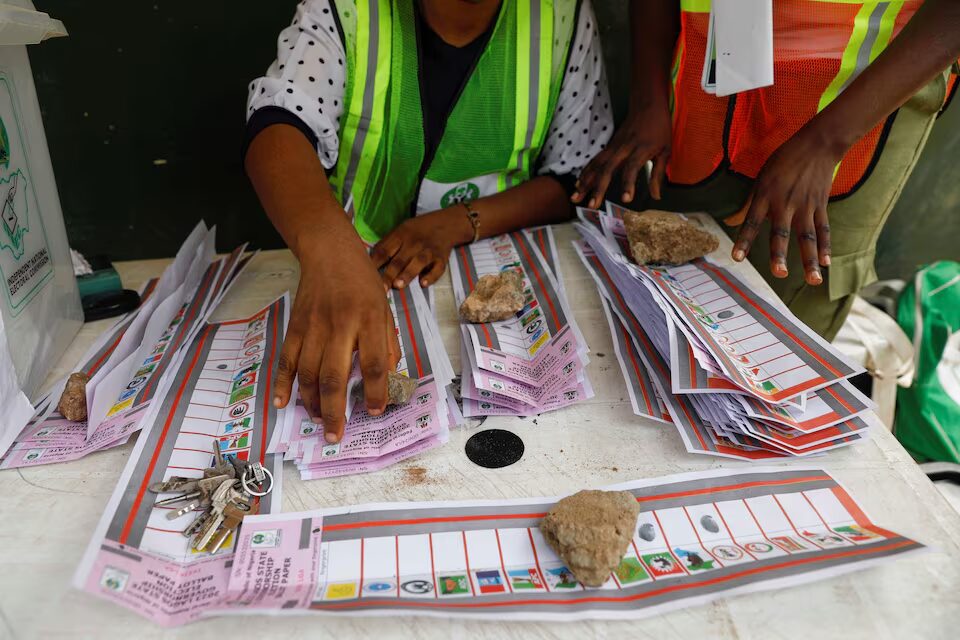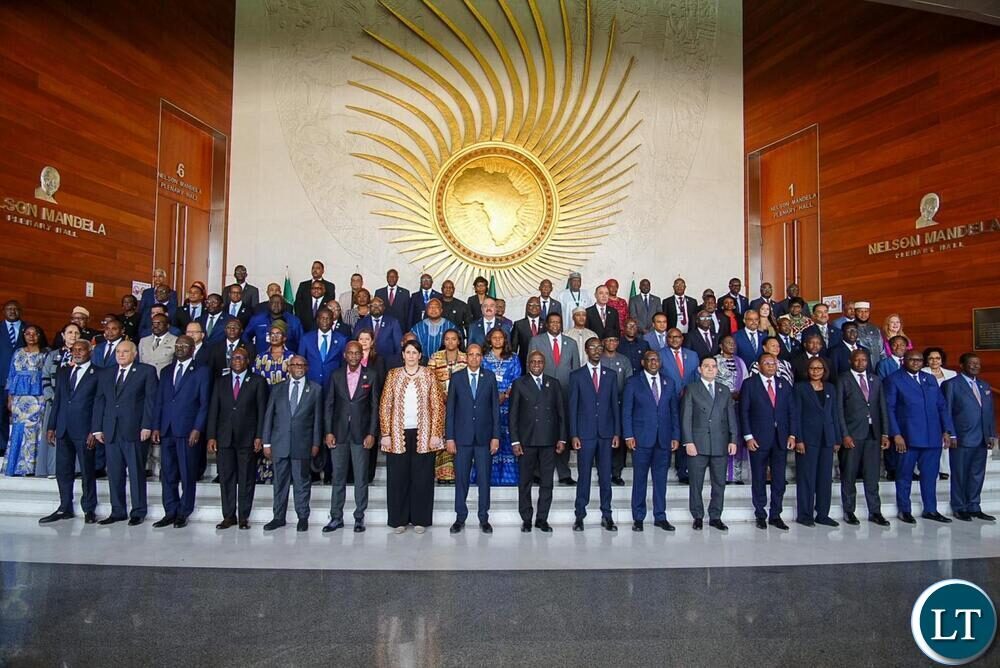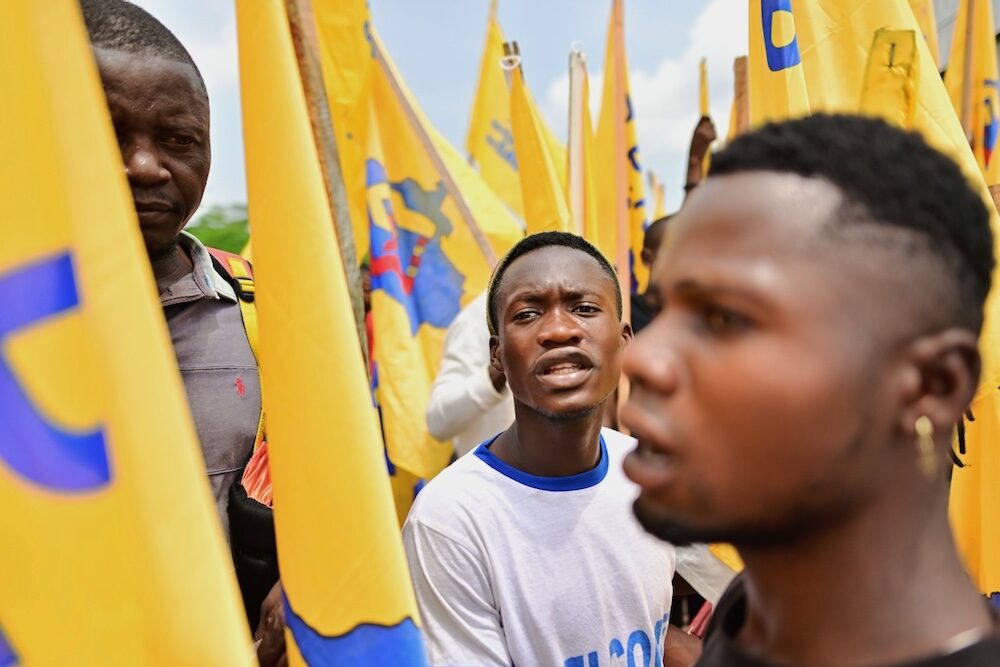
Monday, 1st September 2025.

By inAfrika Reporter.
The African Court on Human and Peoples’ Rights opens its 78th Ordinary Session today in Arusha, running September 1–26—a month-long docket that doubles as a policy moment for access to justice. Mid-session (Sept 3–4), the Court hosts a high-level conference on “Enhancing Women’s Engagement with the Procedures of the African Court,” signalling a push to widen who brings cases and how they’re supported.
What to expect procedurally? Ordinary sessions typically blend deliberations on pending applications, advisory-opinion work, and administrative matters. While case lists are not exhaustively public in advance, the Court has used recent sessions to tighten practice under its 2020 Rules and to work more closely with the African Commission on Human and Peoples’ Rights—the Banjul-based partner that handles communications and promotional mandates across the AU system.
Why it matters this term: the Court remains a critical venue for states that have accepted its jurisdiction (and for advisory questions from AU bodies). With election calendars busy across the continent and shrinking civic space in some jurisdictions, interim measures, reparations, and compliance follow-ups carry more weight than their legalese suggests. The September conference is a pragmatic nod to a historic gap: even when rules allow standing, women and girls face steeper barriers to learning about, preparing and funding applications.
Watch the Court’s channels for communiqués and any judgments released during the sitting; past practice is to publish highlights as they’re handed down. For East Africa, the Arusha venue is also a reminder: continental law lives here, not just in Addis communiqués.


